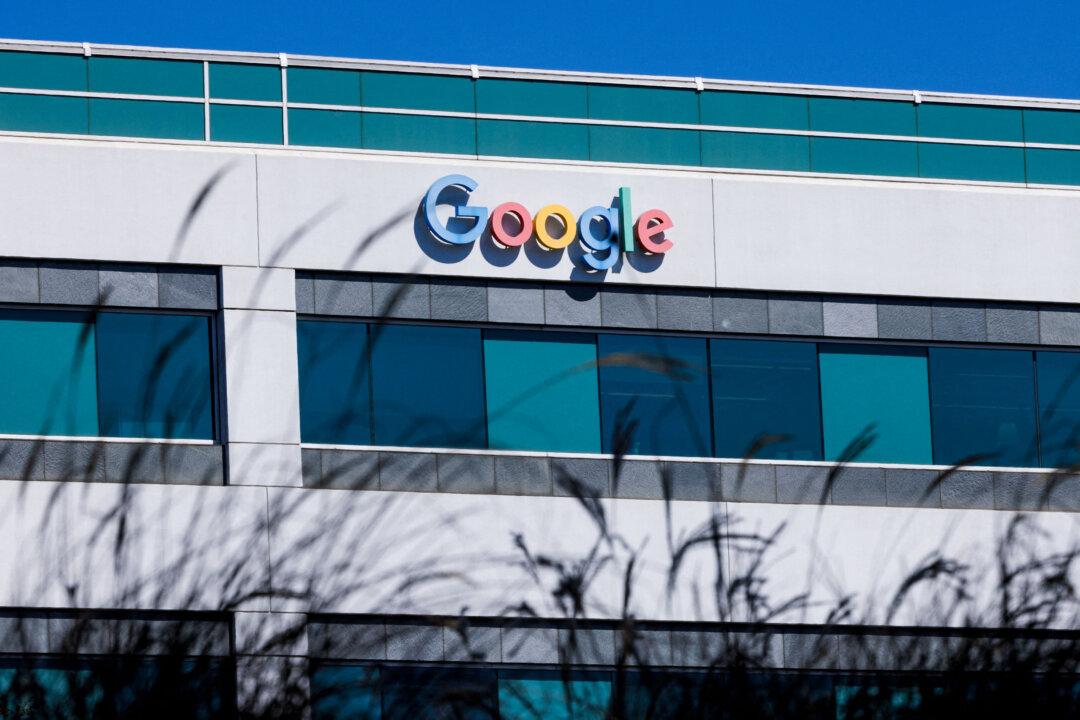News Analysis
As cloud growth slows, Alphabet surprised Wall Street this week by announcing a massive multibillion-dollar capital spending plan for 2025. Its shares sold off as the large capital spending bill left fewer funds for stockholders, and analysts questioned the company’s artificial intelligence (AI) investment strategy.





